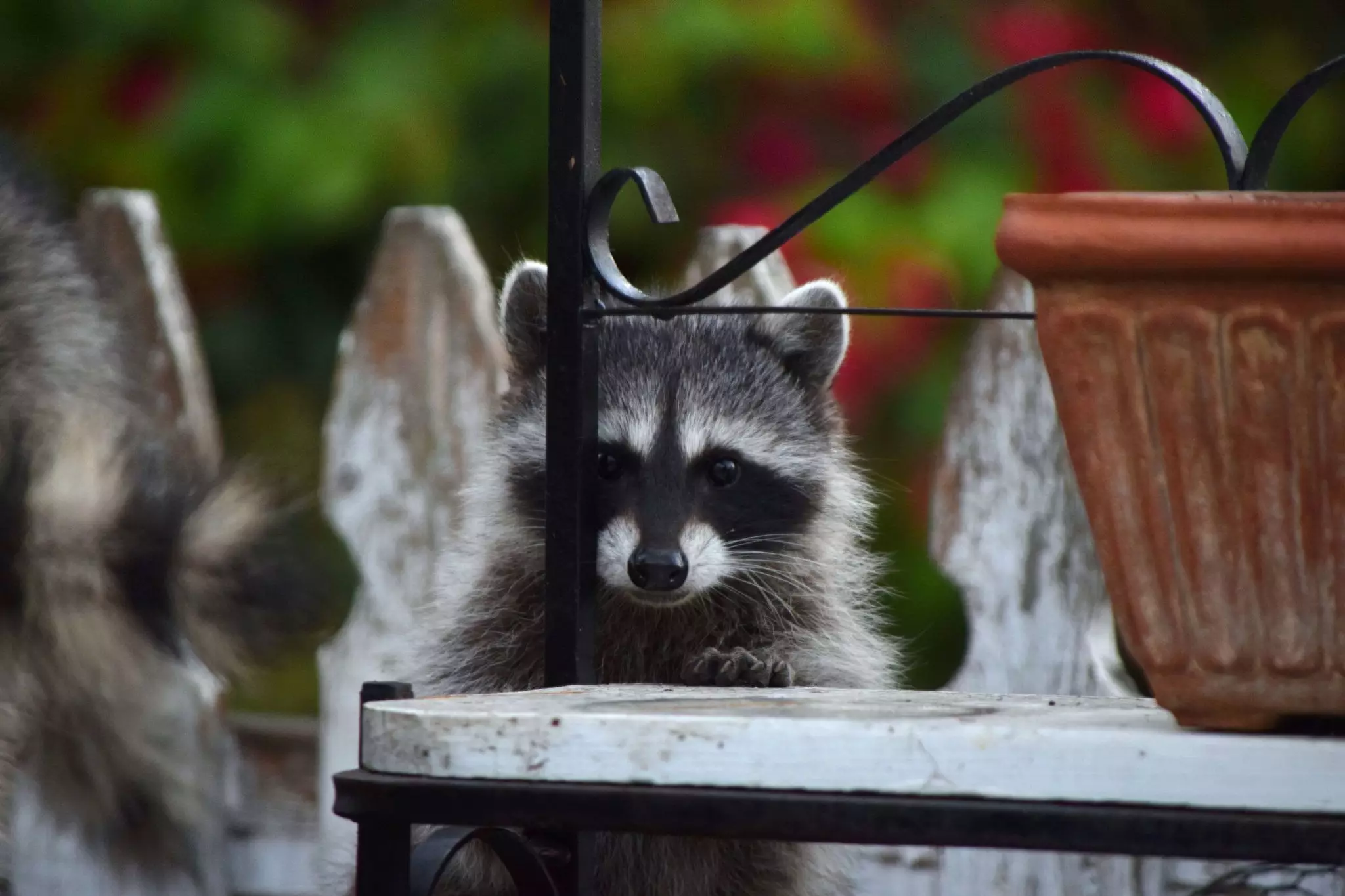Raccoons have surged in popularity as unconventional pets, captivating animal lovers with their quirky personalities and remarkable intellect. However, many prospective owners may not comprehend the significant responsibilities tied to maintaining a healthy diet for these unique animals. This article delves into the essential aspects of raccoon nutrition, ensuring that they thrive as companion animals.
Raccoons are classified as omnivores, indicating that they consume a diverse range of foods. Their natural diet is heavily influenced by their environment and fluctuates seasonally. In the wild, raccoons forage for a variety of edible items, including fruits, insects, nuts, and even small vertebrates. This adaptability in their diet plays a significant role in their survival, but it also presents an intriguing challenge for those who choose to keep them as pets.
Pet owners must replicate the raccoon’s natural dietary habits as closely as possible, opting for a diverse selection of foods to match their nutritional needs. While commercially available omnivore-specific diets can form the foundation of their nutrition, it is crucial to recognize the importance of varying their food intake. This can include fruits, vegetables, and protein sources. A diversified diet not only bolsters their health, but also enriches their lives by imitating their wild foraging behavior.
As raccoon owners, you bear the duty of curating a balanced and nutritious diet for your pets. Commercial products, such as high-quality dog kibble or specially formulated omnivore foods, should serve as the base of the diet. However, these staples should be complemented with a variety of fresh foods to cater to their foraging instincts and promote overall well-being.
When adding fresh items, lean proteins like chicken, fish, or eggs should be prioritized for their quality. Additionally, vegetables should comprise a small portion of their meals; including choices such as sweet potatoes, carrots, and leafy greens can ensure that your raccoon receives necessary vitamins and minerals. Fruits, while appealing, should only be offered sparingly due to their high sugar content.
Live or gut-loaded invertebrates—such as crickets and mealworms—should also be considered as part of a raccoon’s diet. Not only do they provide essential nutrients, but they also serve as an enriching diversion, allowing your raccoon to engage in natural hunting behaviors. Offering food in a manner that requires them to search and explore promotes physical activity and keeps their minds stimulated.
While young raccoons have a greater capacity for food consumption and can be allowed to eat freely, owners should exercise caution as they grow older. After the six-month mark, it’s critical to regulate their diets to avoid obesity, which can lead to a myriad of health issues. A well-regulated feeding routine can involve giving approximately one-eighth of a cup of dry food two to three times a day, supplemented generously with fresh protein and veggies.
Monitoring the condition of your raccoon is essential in establishing if its diet is sufficient. A visible waist and the ability to feel the ribs are good indicators of a healthy raccoon, while any deviation from this suggests the need for consultation with a veterinarian. Enriching the feeding experience through creative presentations—such as hiding food in various locations—encourages both mental and physical stimulation critical for their well-being.
Feeding raccoons can be quite the undertaking, as they tend to be notoriously messy eaters. Owners are advised to set up a designated feeding area to contain the inevitable mess. Providing a shallow dish for water not only allows them to hydrate but also satisfies their playful nature—many raccoons enjoy dunking their food before consumption.
To elevate the feeding experience, consider utilizing platforms or containers to create an engaging environment where the raccoon can explore and scavenge for food. This mimics their natural behavior of searching for sustenance in the wild, which in turn can contribute significantly to keeping them mentally stimulated and physically active.
Owning a raccoon can be a rewarding experience, but it comes with complexities, especially concerning their dietary needs. By providing a balanced, varied, and stimulating diet, pet owners can ensure their raccoons thrive, reflecting their wild counterparts while fostering a bond that enriches both their lives. Understanding the intricacies of raccoon nutrition lays a foundation for responsible pet ownership and leads to a happier and healthier raccoon companion.

